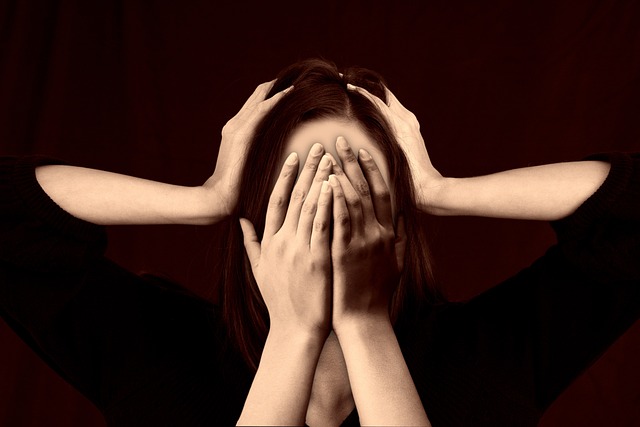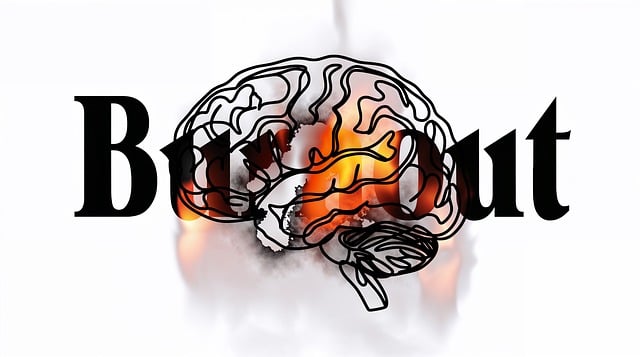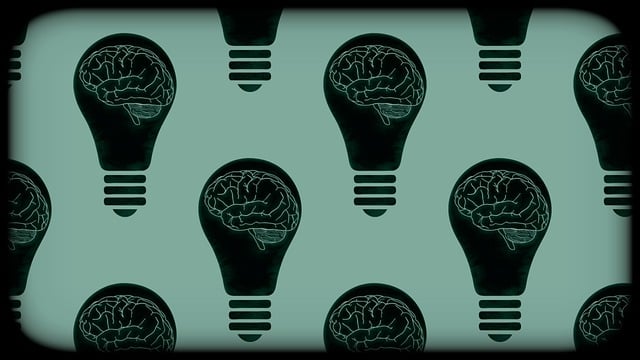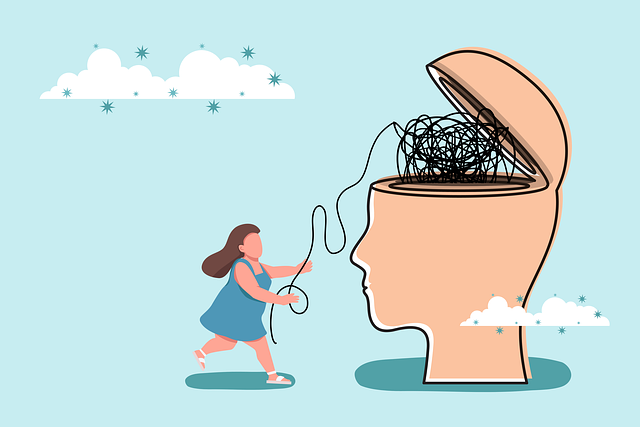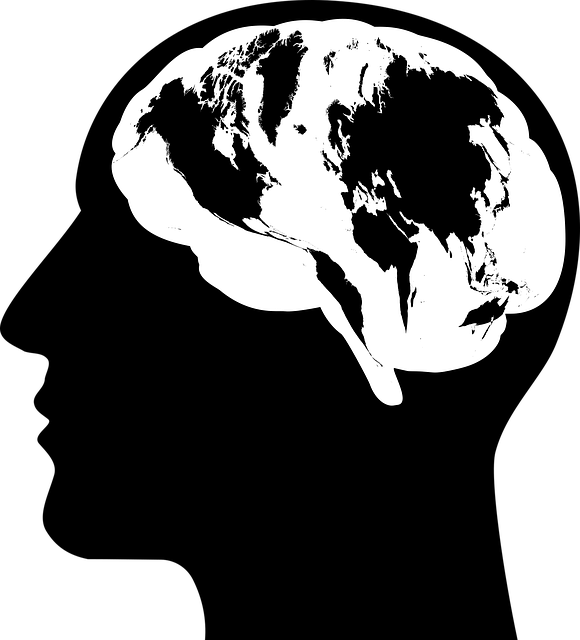Mental wellness is a key aspect of adolescent health, but many teens struggle with unaddressed anxiety, depression, or trauma from child abuse due to stigma. Early intervention through specialized therapy and stress reduction techniques, such as CBT and EMDR, is crucial for resilience and healthy coping mechanisms. Public awareness campaigns normalize mental health discussions, encouraging adolescents to seek support. Tailored self-care routines combining therapy like CBT with mindfulness practices enhance well-being. Accessible resources like podcasts and journaling further assist in processing experiences. Education programs teach sustainable self-care, empowering teens to prioritize mental wellness. By reducing stigma and increasing accessibility to therapy, we can build resilience and support adolescents affected by child abuse, contributing to a healthier society.
“Unwind, rejuvenate, and discover the power of self-care for your mental wellness. This comprehensive guide explores the intricate relationship between mental health and adolescents, particularly focusing on healing from child abuse. We delve into effective strategies and therapy techniques to create a personalized self-care routine.
From understanding the impact of trauma to building resilience, this article equips teens with tools to navigate their emotions. Learn how to prioritize your mental wellness, enhance coping mechanisms, and foster long-term emotional well-being, especially in the context of therapy for adolescent teens and child abuse.”
- Understanding Mental Wellness and Its Impact on Adolescent Teens
- Identifying Self-Care Strategies for Healing from Child Abuse
- Creating a Personalized Routine: Incorporating Therapy Techniques
- Building Resilience and Long-Term Mental Health Support
Understanding Mental Wellness and Its Impact on Adolescent Teens

Mental wellness is a vital aspect of overall health, especially for adolescents navigating turbulent life stages. The teenage years are characterized by intense emotional shifts, identity formation, and increased social pressure, making it a critical period to cultivate healthy coping mechanisms. Unfortunately, many teens struggle in silence due to stigma or fear of judgment, especially when dealing with issues like anxiety, depression, or trauma stemming from child abuse.
Early intervention and support systems are crucial in fostering resilience. Therapy for adolescent teens can provide safe spaces to process emotions, understand triggers, and develop personalized self-care routines. By integrating stress reduction methods tailored to their needs, teens can learn effective coping strategies that extend beyond therapy sessions. Public awareness campaigns focused on mental health can further empower adolescents, encouraging them to seek help and fostering a supportive community where discussions around stress management are normalized.
Identifying Self-Care Strategies for Healing from Child Abuse

Healing from child abuse is a profound and personal journey that often requires specialized support and tailored self-care practices. For adolescent teens who have experienced trauma, integrating therapy into their lives can be transformative. Professional therapists equipped with expertise in childhood trauma offer various therapeutic approaches, such as cognitive behavioural therapy (CBT) or eye movement desensitization and reprocessing (EMDR), to help individuals process and overcome the lasting effects of abuse.
In conjunction with therapy for adolescent teens, self-care becomes a powerful tool for recovery. A mental wellness podcast series production can provide accessible resources and guidance on implementing effective coping strategies. Additionally, mental wellness journaling exercises offer an avenue for self-reflection and emotional expression, helping individuals process their experiences and cultivate resilience. Mental health education programs designed with a focus on trauma recovery can further empower teens with the knowledge to prioritize their mental wellness and develop sustainable self-care routines.
Creating a Personalized Routine: Incorporating Therapy Techniques

Developing a personalized self-care routine is a powerful tool for navigating life’s challenges, especially for individuals who have experienced trauma or child abuse. Therapy techniques play a pivotal role in this process as they offer evidence-based strategies to manage and overcome mental health issues. For adolescent teens who may be struggling with the aftermath of abuse, incorporating therapeutic practices into daily routines can foster emotional healing processes.
Cognitive Behavioral Therapy (CBT), for instance, is widely recognized for its effectiveness in treating various mental health conditions. It encourages individuals to challenge negative thought patterns and replace them with more positive and realistic ones. Mindfulness practices, another powerful tool, help teens stay present and focused, reducing anxiety and stress. Additionally, engaging in creative outlets like art therapy or writing can provide an outlet for emotions that may be difficult to express verbally, facilitating burnout prevention among mental health professionals while also enhancing self-expression and emotional well-being in their clients.
Building Resilience and Long-Term Mental Health Support

Building resilience is a cornerstone of fostering long-term mental health support, especially for adolescents and teens who have experienced child abuse or other traumatic events. Therapy plays a pivotal role in this process by providing a safe space to process emotions, understand triggers, and develop coping mechanisms tailored to individual needs. Through therapy, individuals can learn to navigate challenges, build healthy relationships, and cultivate positive thinking patterns—all of which contribute to enhanced mental wellness.
Additionally, reducing the stigma associated with mental illness is crucial for encouraging adolescents and teens to seek help without fear of judgment or ostracization. Mental illness stigma reduction efforts, alongside accessible therapy options, can significantly impact public health by normalizing conversations about mental health and encouraging early intervention. This, in turn, fosters a culture where support is readily available, promoting the overall well-being of younger generations.
Mental wellness self-care routines are essential tools for healing, especially for adolescents recovering from child abuse. By understanding the impact of mental health on this vulnerable group and incorporating personalized therapy techniques, we can foster resilience and support long-term mental well-being. This journey towards self-care involves identifying coping strategies tailored to individual needs and establishing consistent practices that promote healing and growth. Through dedicated care, adolescents can navigate their experiences, build strength, and thrive in a supportive environment, ultimately breaking cycles of trauma and paving the way for a brighter future.
